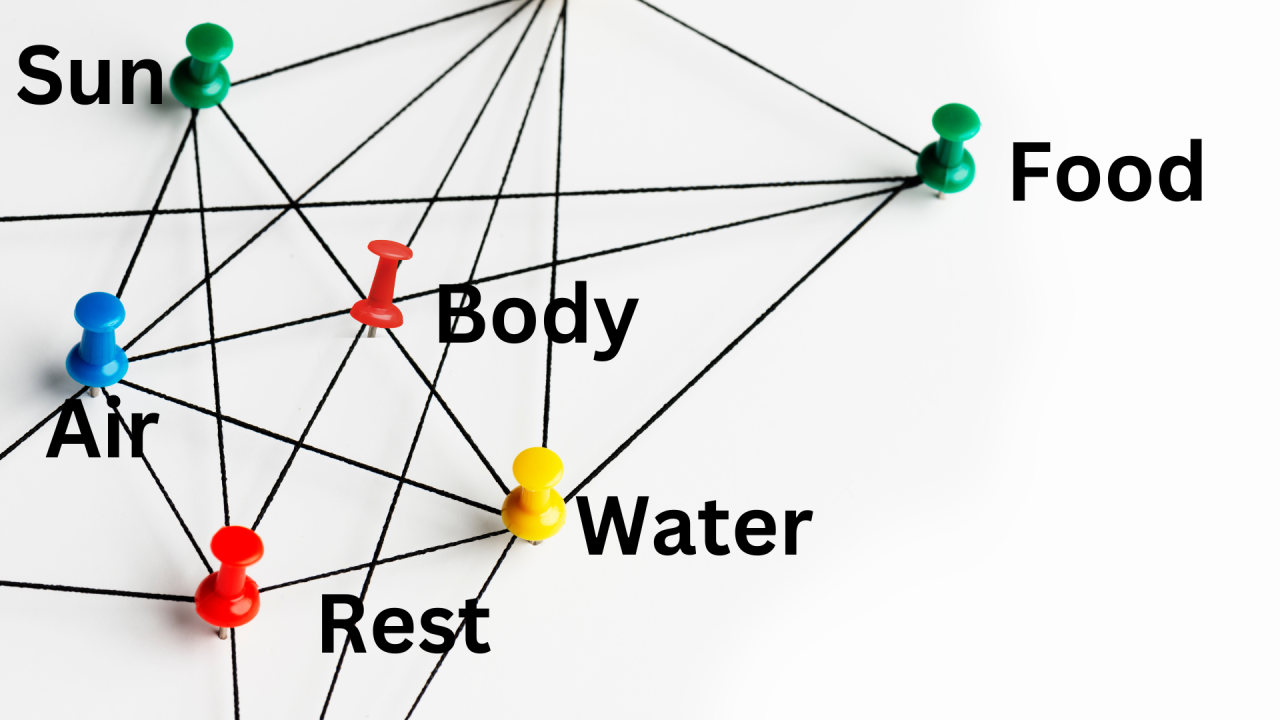Understanding Holistic Health
Holistic health is more than just a trend; it’s a philosophy that considers the whole person—mind, body, and spirit—in the pursuit of optimal well-being. This approach recognises that our physical, mental, and emotional health are deeply interconnected. When we focus on just one aspect of our health, we may miss the broader picture. Instead, a holistic approach encourages us to look beyond symptoms and consider the underlying causes, which may be physical, emotional, or environmental.
One organisation leading the way in promoting this integrative approach is Lyfe Health. By embracing a holistic mindset, we can begin to make choices that support our overall well-being, from nutrition and exercise to mindfulness and emotional health. This approach helps individuals not just to survive but to thrive, fostering a balance that can improve quality of life at every level.
The Mind-Body Connection
The connection between mind and body is at the heart of holistic health. Our mental state significantly impacts our physical health, and vice versa. For instance, chronic stress can contribute to physical conditions such as heart disease, digestive issues, and weakened immune function. Likewise, physical ailments can lead to emotional challenges like anxiety or depression. Recognising this connection encourages a more comprehensive approach to health management.
Incorporating practices like mindfulness, meditation, and stress management techniques can improve mental clarity and emotional balance. Physical activities, such as yoga or tai chi, combine movement with mindfulness, helping to reduce stress and improve overall well-being. These activities promote a harmonious relationship between mind and body, offering a more effective way to address health challenges holistically.
Nutrition as a Pillar of Holistic Health
Nutrition plays a crucial role in holistic health, providing the body with essential nutrients to maintain balance and function optimally. Rather than focusing solely on calorie intake or specific diets, holistic nutrition looks at food as medicine, understanding that what we eat directly impacts our energy levels, mood, and overall health. Whole foods, rich in vitamins, minerals, and antioxidants, are emphasised for their ability to nourish the body and protect against illness.
In addition to eating a balanced diet, understanding the unique nutritional needs of each person is vital. Factors such as age, gender, lifestyle, and existing health conditions can all affect nutritional requirements. Consulting with a nutritionist or healthcare provider can help tailor a nutrition plan that supports individual needs, promoting long-term health and preventing disease.
Integrating Movement and Mindfulness
Physical activity is not just about staying fit; it is a key component of holistic health. Regular movement helps to maintain a healthy weight, improve cardiovascular health, and strengthen muscles and bones. Beyond the physical benefits, exercise also contributes to mental well-being by releasing endorphins, the body’s natural mood enhancers, which help reduce feelings of anxiety and depression.
Combining movement with mindfulness practices, such as yoga or walking meditation, can amplify the benefits of exercise. This approach not only enhances physical strength and flexibility but also cultivates a deeper awareness of the body, breath, and mind. It fosters a sense of inner calm, balance, and clarity, contributing to overall well-being.
Embracing Emotional and Spiritual Wellness
Emotional and spiritual wellness is a vital aspect of a holistic approach to health. Emotional wellness involves understanding and managing our emotions, coping with stress effectively, and building healthy relationships. Techniques like journaling, therapy, or engaging in creative activities can support emotional well-being by providing an outlet for self-expression and reflection.
Spiritual wellness, on the other hand, focuses on finding meaning and purpose in life. This could involve religious practices, meditation, or connecting with nature. Spiritual health is deeply personal and can take many forms, but it often involves fostering a sense of inner peace, gratitude, and purpose. By paying attention to our emotional and spiritual needs, we build resilience and improve our capacity to face life’s challenges with grace and strength.
Moving Towards a Holistic Lifestyle
Adopting a holistic lifestyle is not about making drastic changes overnight. Instead, it involves gradual shifts in habits, mindset, and daily practices that collectively contribute to a balanced and healthy life. Small steps, like incorporating more whole foods into your diet, setting aside time for mindfulness practices, or finding a physical activity you enjoy, can make a significant difference.
Ultimately, holistic health is about embracing a proactive and conscious approach to well-being, recognising that every aspect of our lives is interconnected. By understanding and addressing the diverse factors that influence our health, we empower ourselves to live more balanced, fulfilled lives. It is not just about the absence of illness but about thriving in every dimension—physically, mentally, emotionally, and spiritually.
Stay in touch to get more news & updates on Mystorieslist!
